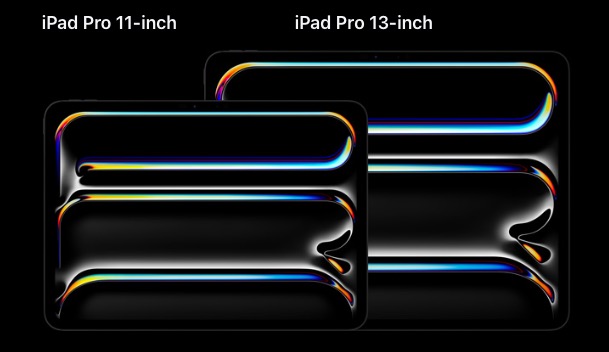
Unity’s New Fee Plan Triggers Industry Backlash, Stock Falls 6%

Tech gaming firm Unity has ignited controversy in the game development community with its newly announced “Runtime Fee,” set to take effect in 2024. The fee will be charged to developers for each new user installation of a game, after certain download and revenue thresholds are met. The move has led to widespread backlash, including threats of a class action lawsuit and a 6% drop in Unity’s stock over the week.
Unity, a leading game engine used by millions of creators, announced the fee system on Tuesday. Under the new plan, developers using Unity’s free tier will owe $0.20 USD per installation after their game reaches 200,000 downloads and $200,000 USD in revenue. Those on the Unity Pro plan, costing over $2,000 a year, will face lower fees but higher thresholds.
The announcement has been met with intense criticism. Development studio Innersloth, known for the popular game Among Us, tweeted, “This would harm not only us, but fellow game studios of all budgets and sizes.” Xalavier Nelson Jr., founder of indie studio Strange Scaffold, told Axios that significant developers were considering a class action lawsuit against Unity.
We want to acknowledge the confusion and frustration we heard after we announced our new runtime fee policy. We’d like to clarify some of your top questions and concerns:
Who is impacted by this price increase: The price increase is very targeted. In fact, more than 90% of our…
— Unity (@unity) September 13, 2023
In response to the uproar, Unity clarified that the fee would only apply to initial installs and exempt charity-issued games and demos without full-game code. Subscription service owners, not game makers, would be responsible for the fee, according to Unity’s Marc Whitten.
Unity CEO John Riccitiello canceled a planned company town hall and closed two offices on Thursday following credible threats of violence. The company is cooperating with law enforcement.
The company reported $533 million in revenue in the spring quarter, with a loss of $193 million. In May, the company announced it would cut 600 jobs, or 8% of its workforce. Despite these figures, many developers have labeled Unity’s new fee plan as “unfair” and “predatory,” casting doubt on the company’s future relations with its user base.
Earlier this year, Unity entered into a partnership with Apple to offer specialized authoring tools for the development of games and applications on Apple’s new spatial computing platform, Apple Vision Pro. The collaboration will allow developers to utilize features such as pass-through and Dynamic Foveated Rendering, along with Unity’s existing AR Foundation and XR Interaction Toolkit.
The integration involves Unity’s PolySpatial technology and Apple’s visionOS, enabling applications to coexist in a Shared Space. Unity’s authoring and simulation capabilities will be combined with RealityKit’s managed app rendering, ensuring that content developed through Unity is seamlessly integrated into the platform.
Developers are invited to apply for Unity’s beta program for visionOS, which provides access to tutorials, templates, and sample applications. The program allows for the adaptation of existing Unity-based content or the creation of entirely new experiences.

